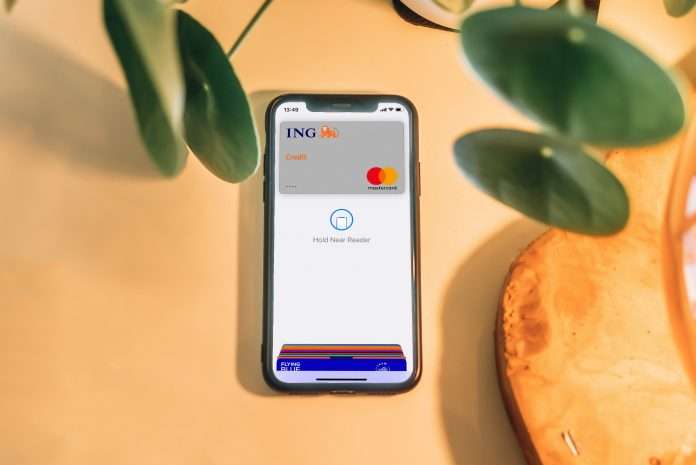Mastercard today outlined a future for online payments that departs from traditional card numbers and passwords, emphasizing seamless transactions secured by biometrics and tokenization.
By 2030, Mastercard plans to eliminate the need for manual card number entry and static passwords for online purchases. This strategy integrates tokenization—which has been safeguarding personal and payment data for a decade—with advanced biometric authentication technologies to streamline and secure the online checkout process.
The ongoing issues with online shopping, such as significantly higher fraud rates compared to in-store transactions and the inconvenience of manual data entry, are key drivers for this innovation. According to recent research by Mastercard, the cumbersome checkout process leads to a 25% cart abandonment rate. The company’s vision aims not only to enhance security but also to simplify user experiences, potentially increasing merchant revenues by improving transaction approval rates and reducing cart abandonments.
Tokenization has already been contributing to this goal, increasing transaction approvals by 3-6 percentage points and generating an additional $2 billion in global sales for merchants monthly. Mastercard’s move could also revolutionize physical cards by introducing numberless designs as the standard, thereby reducing fraud risks if a card is lost or stolen.
Mastercard’s chief product officer, Jorn Lambert, highlighted the transformative nature of these advancements. “Just like the transition from signing and swiping to tapping cards, we’re now moving from manual entry and passwords to seamless and secure payments in just a few clicks. With this shift, we are protecting sensitive data through advanced encryption and tokenization technologies,” he explained. Lambert emphasized the broader benefits of this technological shift, including enhanced consumer control, convenience, and security, alongside new commercial opportunities for merchants and decreased fraud risks for issuers.
Mastercard is not acting alone in this endeavor; the strategy involves a broad collaboration across the payments ecosystem, supported by the Mastercard Gateway. Currently, over 30% of Mastercard’s global transactions are tokenized through the Mastercard Digital Enablement Service (MDES), with regions like India approaching near-total e-commerce tokenization. Additionally, the Mastercard Payment Passkey Service is expanding worldwide, with significant adoption in markets such as India, Singapore, and the UAE.
The implementation of Click to Pay is accelerating globally with major banks and online merchants adopting the technology, which allows consumers to make purchases from international brands like Pizza Hut and Nando’s more conveniently.
Keep up with all the latest FinTech news here.
Copyright © 2024 FinTech Global











